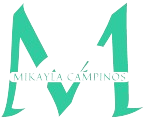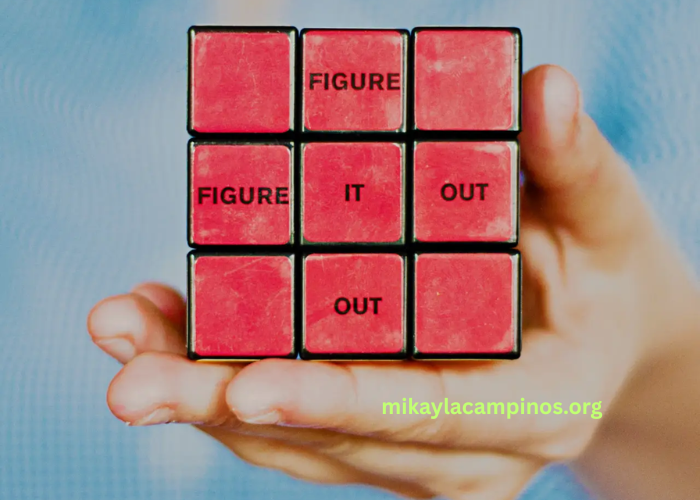Riddles have fascinated minds for centuries. They entertain, challenge, and stimulate the brain, making them a favorite activity across cultures and ages. Whether you are a child just beginning to explore the joy of wordplay or an adult seeking a mental challenge, riddles are the perfect tool for fun learning. In this article, we present a handpicked collection of the bugtong bugtong with answer, thoughtfully organized by age group. These riddles are sure to ignite curiosity and offer a delightful mental workout.
Riddles for Kids
These simple and fun riddles help young minds think creatively and build language skills.
- What has to be broken before you can use it?
Answer: An egg - I am tall when I am young and short when I am old. What am I?
Answer: A candle - What has one eye but cannot see?
Answer: A needle - What is full of holes but still holds water?
Answer: A sponge - What has a face and two hands but no arms or legs?
Answer: A clock
These riddles use familiar objects and concepts to help children associate logic with daily life.
Riddles for Teens
Designed for slightly more advanced thinking, these riddles are great for teens and early learners who enjoy wordplay and logic.
- What comes once in a minute, twice in a moment, but never in a thousand years?
Answer: The letter M - The more you take, the more you leave behind. What are they?
Answer: Footsteps - I speak without a mouth and hear without ears. I have no body, but I come alive with wind. What am I?
Answer: An echo - Forward I am heavy, but backward I am not. What am I?
Answer: The word “ton” - If two’s company and three’s a crowd, what are four and five?
Answer: Nine
These riddles stretch imagination and help in developing abstract thinking in teens.
Riddles for Adults
Riddles for adults are more intricate and often involve lateral thinking or clever wordplay.
- A man pushes his car to a hotel and tells the owner he is bankrupt. Why?
Answer: He is playing Monopoly - I have cities but no houses. I have mountains but no trees. I have water but no fish. What am I?
Answer: A map - What disappears as soon as you say its name?
Answer: Silence - You see a boat filled with people. It has not sunk, but when you look again, there is not a single person on board. Why?
Answer: All the people were married - The person who makes it does not need it. The person who buys it does not use it. The person who uses it never knows they are using it. What is it?
Answer: A coffin
These riddles are not just fun but are also great conversation starters adivinanzas looking to sharpen their minds.
Riddles for Seniors
Riddles for seniors can be both entertaining and mentally stimulating, helping to maintain cognitive function.
- What begins with T, ends with T, and has T in it?
Answer: A teapot - What can you hold in your left hand but not in your right?
Answer: Your right elbow - The more of me you take, the bigger I become. What am I?
Answer: A hole - What travels around the world while staying in the same corner?
Answer: A stamp - I am not alive, but I grow. I do not have lungs, but I need air. What am I?
Answer: Fire
These riddles help keep the brain active and engaged while also being enjoyable for group settings.
Mixed Bag for All Ages
Here are some fun and tricky riddles that work well in family gatherings, classrooms, or parties.
- What has four legs in the morning, two legs at noon, and three legs in the evening?
Answer: A human (crawling as a baby, walking as an adult, using a cane when older) - What gets wetter the more it dries?
Answer: A towel - I shave every day, but my beard stays the same. Who am I?
Answer: A barber - What runs but never walks, has a bed but never sleeps?
Answer: A river - You can hold me in your hand, but I can fill a room. What am I?
Answer: Light
These riddles are suitable for any age and are great to use in trivia sessions or team games.
Benefits of Solving Riddles
- Improves Memory: Riddles help strengthen memory and recall abilities.
- Boosts Creativity: They inspire out of the box thinking.
- Enhances Vocabulary: Riddles expose people to new words and phrases.
- Develops Patience: Some riddles require persistence and thought.
- Provides Fun Learning: Learning through fun is always more effective.
Final Thoughts
Riddles are more than just playful questions. They are tools that challenge the brain, bring people together, and add joy to learning. Whether you are sharing them with kids in a classroom, playing them during family night, or using them to spark your own mental curiosity, riddles have something timeless to offer. Pick a few from this list, share them with your friends or students, and enjoy the smiles and puzzled looks as they try to guess the answers. No matter your age, there is always a riddle waiting to be solved.



